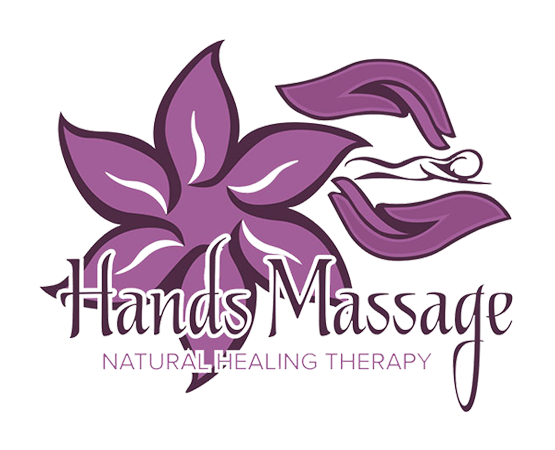Massage For Students
Regular massage can offer several benefits to students, addressing both the physical and mental challenges they often face. Here are ways in which regular massage can be particularly helpful for students:
1. Stress Reduction: Students often experience high levels of stress due to academic pressures, exams, and deadlines. Massage can be an effective tool for stress reduction by promoting relaxation and triggering the release of endorphins, which are natural mood enhancers.
2. Improved Concentration and Focus: Stress and anxiety can negatively impact concentration and focus. Massage helps to relax the mind and body, making it easier for students to concentrate on their studies and perform better in academic tasks.
3. Enhanced Sleep Quality: Many students struggle with irregular sleep patterns or insomnia, which can affect their overall well-being and academic performance. Regular massage has been shown to improve sleep quality by promoting relaxation and reducing anxiety.
4. Muscle Tension Relief: Students who spend long hours studying or sitting at desks may experience muscle tension and stiffness. Massage can help alleviate muscle tightness, reduce discomfort, and improve flexibility, making it easier for students to move comfortably.
5. Pain Management: Students who engage in sports or physical activities may experience muscle soreness or injuries. Massage can aid in pain management by promoting blood circulation, reducing inflammation, and accelerating the healing process.
6. Boosted Immune System: The stress-reducing effects of massage can contribute to a strengthened immune system. For students facing the challenges of a rigorous academic schedule, a healthier immune system can help prevent illnesses that may disrupt their studies.
7. Emotional Well-being: College life can bring about various emotional challenges, such as homesickness, relationship issues, or identity exploration. Massage provides a therapeutic and non-invasive way for students to address emotional well-being, offering a supportive space for relaxation and reflection.
8. Time for Self-Care: Students often lead busy lives, balancing academics, extracurricular activities, and social commitments. Regular massage can serve as a dedicated time for self-care, allowing students to disconnect from the demands of their daily lives and focus on their well-being.
9. Improved Posture: Hours spent studying or working on computers can contribute to poor posture and muscle imbalances. Massage can help release tension in the muscles and improve overall body awareness, encouraging better posture.
10. Anxiety and Depression Management: For students dealing with anxiety or depression, massage can be a complementary therapy. The relaxation response triggered by massage may help alleviate symptoms and contribute to an improved mood.
It's important for students to consider their individual health needs and consult with healthcare professionals or licensed massage therapists to determine the most suitable type and frequency of massage. While massage can be beneficial, it should be integrated into a comprehensive approach to well-being, which may include other self-care practices, healthy lifestyle choices, and seeking support when needed.

